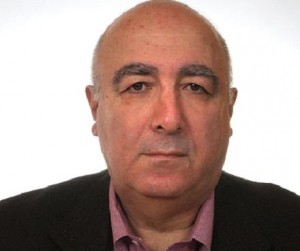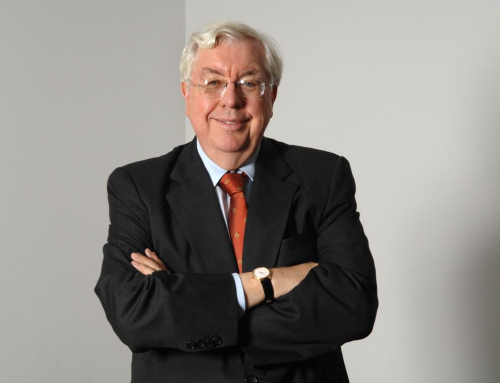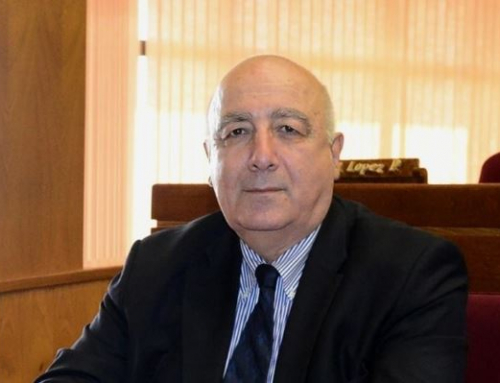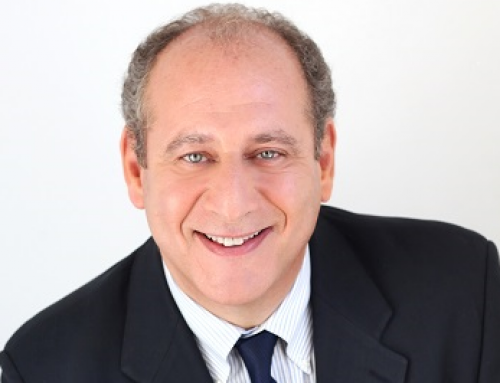The recently delivered speech by Michael Saakasvilli in Princeton University was a wholesome educational experience for every graduate in communication studies, writes Tedo Japaridze, former Foreign Minister of Georgia and an advisor to Bidzina Ivanishvili.
Those who have studied advertising and political marketing could not fail reminiscing over the teachings of great masters of the industry, for indeed the speech was rich in material. Indeed, if the Georgia that the President of Georgia described actually existed, then this would be a country everyone would like to buy into, which is the definition of goodf advertising. In this context, the first great quote that comes to mind is Edgar A. Shoaff’s aphorism: “Advertising is the art of making whole lies out of half truths.”
Apparently, President Saakasvilli informed us, that every year delegations from countries in the region come over to Georgia to learn how to reform their countries. The list of Georgian “wannabes” includes Kyrgyzstan, Moldova, Ukraine, even Russia. And all this because Georgia managed to create a one-stop shop for the registration of companies and real estate transactions; and there is of course the perception that the police and the custom’s service have thoroughly reformed and they are beacons of corruption no more. Thus even President Medvedev of Russia was cited as saying: “Well, we know that Georgia has implemented very successful reforms, we know they are successful, we should of course learn from them, implement, copy whatever they’ve done successfully, even if I hate Saakashvili.”
Of course, in Georgia, since March 2012, much of the ungracious work carried out in other regimes by the police has been delegated to a body called “Chamber of Control,” which can issue orders without protocol numbers or dates, inviting people to show up for interrogation at whim. The main question addressed in this context is “why do you support an enemy of Mikheil Saakasvilli and, therefore, the state?” Such effective managerial practices should indeed be emulated by President Medvedev. But, the real Georgian art is making the police do dirty work efficiently, that is, when this is a necessity:
- raiding businesses “on suspicion” of money laundering;
- arresting people “on suspicion” of smuggling;
- detaining people “pending” drug tests and house searches for weapons, while running the risk of “accidents” while in custody;
- using security forces to “listen” to the voice of the opposition, including phone-tapping, physical and electronic surveillance;
Doing all this and more, while retaining the brand-name of an incorrupt law-enforcement agency is an art of communication efficiency that should indeed be emulated. For while police practices in Georgia are anything but innovative in a regional context, their marketing as “reform-inspired” certainly is.
Another advertising classic that comes to mind by reading President Saakasvilli’s speech is Samuel Johnson’s dictum: “Promise, large promise, is the soul of an advertisement.”
Specifically, when President Saakasvilli reminded his audience that “we have elections now (…) and again we want to make them as transparent as we can, despite all the odds, because people are really focusing on them.” Again, this is not a lie; it is merely a selection of words so that the end result conveys an agreeable promise, intended to be honoured. The deeds may not coincide with expectations raised by the commercial message. But, such is advertising.
Promising “free and fair elections” and promising “elections that will be as transparent as they can be, despite all odds” are of course two different things. For one, it is easier to organize free and fair elections once you have stripped your main political opponent of his citizenship and, therefore, his right to run for elections. Still easier when you have secured a media monopoly, by placing political friends in every single board of nation-wide media broadcasting corporation; much easier, when you are free to interrupt the broadcasting of TV stations who dare to give a forum to voices other than your own; and by all means, it is a piece of cake to run “free and fair” elections, once you have secured that neither Trade Unions nor private corporations can offer financial support to your opponent’s political campaign. Finally, if democracy is still hard to secure, you can always sack from the public service all those who sing another tune.
After all, what is promised is “free and fair elections,” not “free and fair campaigning.” Reading the small print is, after all, the responsibility of the consumer; otherwise, we would not have an advertising industry. In any event, it is much easier to run a democracy when you have the law on your side, like this wonderful clause that allows the government to make “editorial changes” on legislation already passed. In effect, this is a blank check allowing you to change the small print at whim, which is the insurance company’s definition of paradise. Promises are promises.
Time and again, President Saakasvilli is promising a Georgian business paradise, that is, unless you happen to cross him politically. Thus the Georgian customs are extremely efficient, unless they are not, in which case most of the equipment you import will be found damaged after a thorough “check.” Setting up a business will be extremely easy, but running a business is a different question. You may find that laws are in fact not only tailor made to your needs, but also tailor applied to the President’s needs. Take for instance the law that stipulates that government tax authorities are covered before commercial banks in mortgages; this makes banking a difficult job in Georgia, unless of course the law only applies to one bank (yours). But, again, what is promised is paradise for the law-abiding, which is fair enough, or as fair as the law.
For those without love for the art of advertising, perhaps another classic dictum by William Rogers comes to mind: “Let advertisers spend the same amount of money improving their product that they do on advertising and they wouldn’t have to advertise it.” Indeed, there are a number of people who actually wish President Saakasvilli’s message had a vague correspondence with reality on the ground, for this would mean that the rosy Georgia they bought into is the blossoming Georgia they live in. This type of conviction, I am afraid, takes more than a good spin-doctor to achieve.






Leave A Comment
You must be logged in to post a comment.